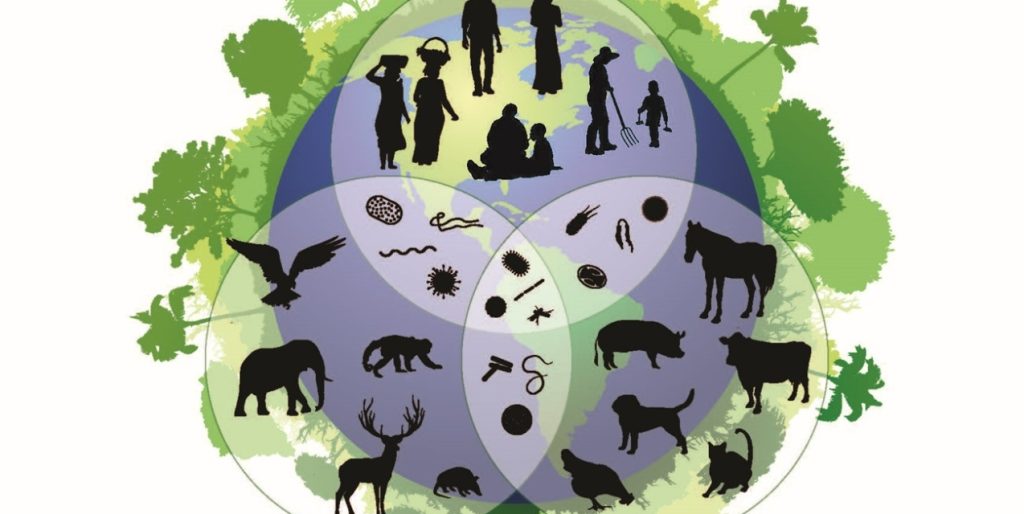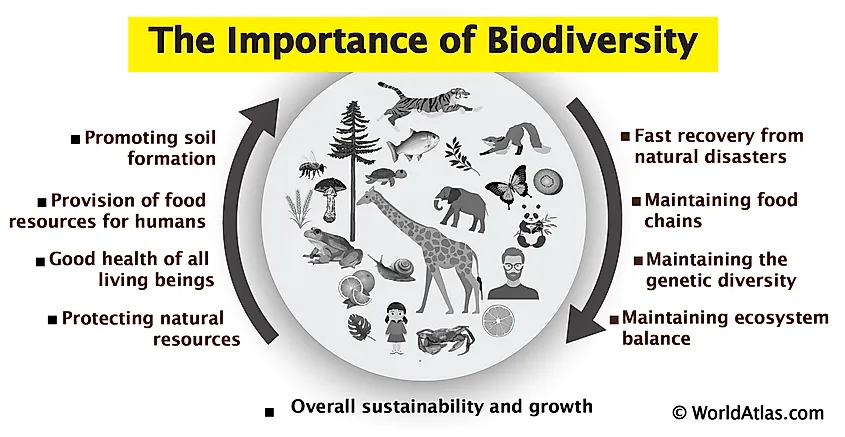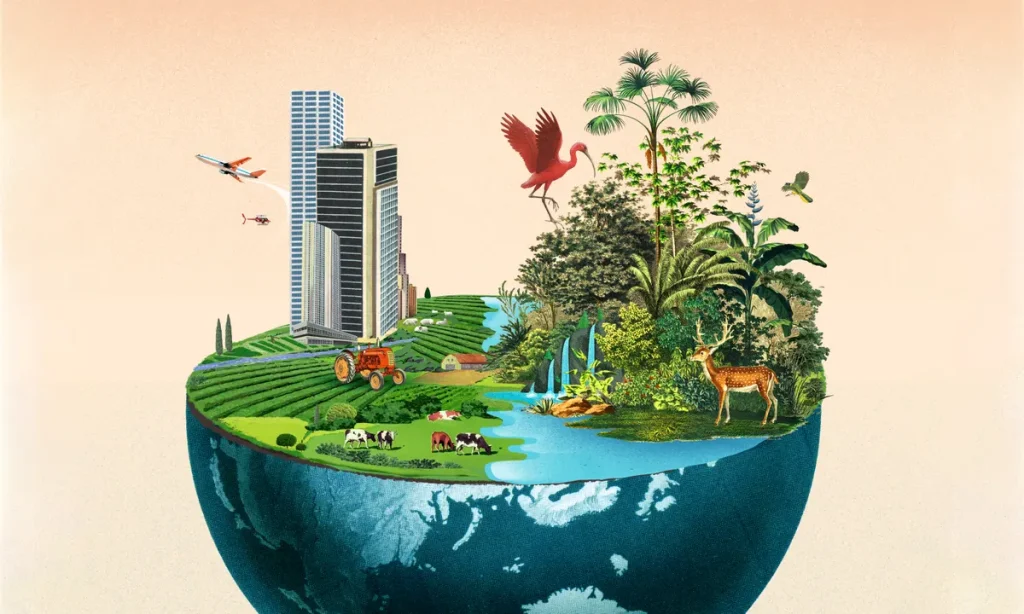Source:theguardian
1. What is biodiversity?

Source: piedmontmastergardeners.org
Biodiversity is all the different kinds of life you’ll find in one area—the variety of animals, plants, fungi, and even microorganisms like bacteria that make up our natural world. Each of these species and organisms work together in ecosystems, like an intricate web, to maintain balance and support life. Biodiversity supports everything in nature that we need to survive: food, clean water, medicine, and shelter.
This diversity exists at different scales: regional diversity, ecosystem diversity, species diversity and genetic diversity. Biodiversity is not static, but constantly changing. It is increased by genetic change and evolutionary processes and reduced by processes such as habitat degradation, population decline and extinction.
2. Why is biodiversity important?

Source: worldatlas
Biodiversity is essential for the processes that support all life on Earth, including humans. Without a wide range of animals, plants and microorganisms, we cannot have the healthy ecosystems that we rely on to provide us with the air we breathe and the food we eat. And people also value nature of itself.
Biodiversity is important to most aspects of our lives. Utilitarian values include the many basic needs humans obtain from biodiversity such as food, fuel, shelter, and medicine. Further, ecosystems provide crucial services such as pollination, seed dispersal, climate regulation, water purification, nutrient cycling, and control of agricultural pests. Biodiversity has cultural value to humans as well, for spiritual or religious reasons for instance. The intrinsic value of biodiversity refers to its inherent worth, which is independent of its value to anyone or anything else. Finally, the value of biodiversity can also be understood through the lens of the relationships we form and strive for with each other and the rest of nature. We may value biodiversity because of how it shapes who we are, our relationships to each other, and social norms. These relational values are part of peoples’ individual or collective sense of wellbeing, responsibility for, and connection with the environment. The different values placed on biodiversity are important because they can influence the conservation decisions people make every day.
References:
- What is Biodiversity? American Museum of Natural History. https://www.amnh.org/research/center-for-biodiversity-conservation/what-is-biodiversity
- What is biodiversity? Queensland Government. https://www.qld.gov.au/environment/plants-animals/biodiversity/about



 Tiếng Việt
Tiếng Việt 日本語
日本語